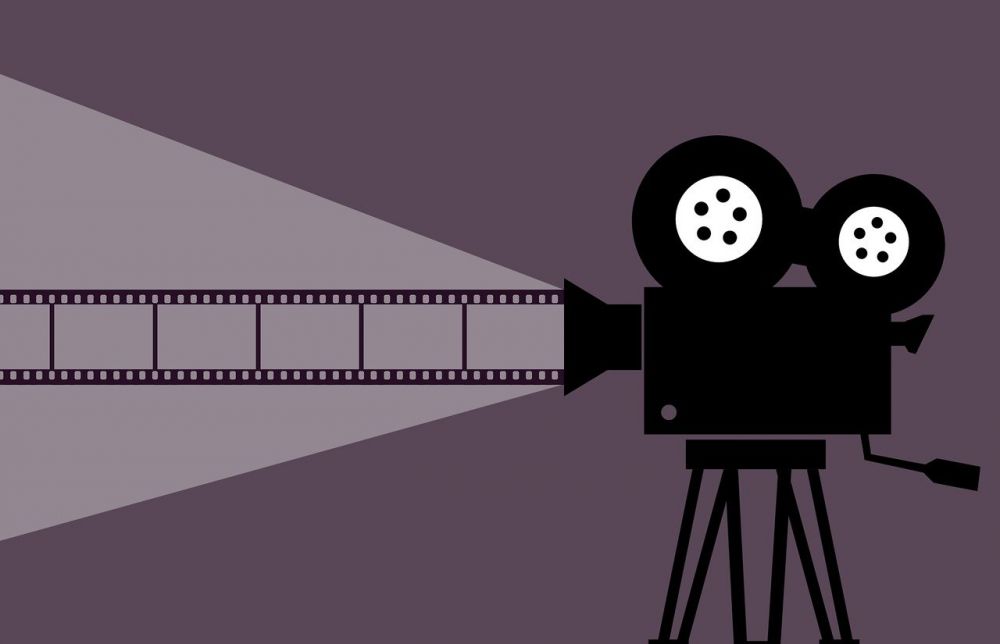Film Genre: A Comprehensive Guide to Understanding and Appreciating the World of Cinema

Introduction
Film genre is a fundamental aspect of cinema that categorizes movies based on their themes, narrative structures, and stylistic elements. From action-packed blockbusters to heartwarming romantic comedies, film genres provide audiences with a sense of familiarity and expectation. Whether you are an avid movie enthusiast or simply curious about the world of cinema, this article will serve as a comprehensive guide to understanding and appreciating film genres.
At its core, film genre serves as a powerful tool that helps both filmmakers and audiences navigate the vast landscape of movies. By classifying films into specific genres, filmmakers can tap into established tropes and conventions, while audiences can choose the type of movie that suits their preferences. Through this system, genres provide a shared language and cultural understanding that enhance our cinematic experiences.
The Evolution of Film Genres

Film genres have evolved significantly throughout the history of cinema. Here, we delve into a historical journey that showcases the development and transformation of popular film genres.
1. The Birth of Genres in Silent Era Cinema
– Drama: Silent films often focused on dramatic narratives, exploring themes of love, tragedy, and human emotions.
– Comedy: Slapstick humor and physical comedy were prevalent during this era, with Charlie Chaplin and Buster Keaton reigning as comedic icons.
– Western: The Wild West became a popular backdrop for thrilling tales of cowboys, bandits, and frontier justice.
2. The Golden Age of Hollywood
– Musicals: With the advent of synchronized sound in movies, musicals flourished, captivating audiences with their catchy tunes and elaborate dance numbers.
– Film Noir: This genre emerged during the post-World War II period, characterized by its moody, atmospheric cinematography and tales of crime and moral ambiguity.
3. New Waves and Genre Revisionism
– French New Wave: Filmmakers such as Jean-Luc Godard and François Truffaut challenged traditional genres, infusing their works with innovative storytelling techniques.
– Revisionist Westerns: Movies like “Butch Cassidy and the Sundance Kid” and “Unforgiven” reimagined the Western genre, presenting complex characters and subverting genre expectations.
4. Contemporary Film Genres
– Superhero Films: The rise of comic book adaptations, such as the Marvel Cinematic Universe, has defined this genre, bringing larger-than-life characters and epic narratives to the big screen.
– Sci-Fi/Fantasy: From “Star Wars” to “The Lord of the Rings,” these genres transport audiences to imaginative worlds filled with futuristic technology, supernatural creatures, and mythical adventures.
The Importance of Film Genre
Understanding film genre is crucial for both filmmakers and audiences. Here are some key reasons why film genre holds significance in the world of cinema:
1. Audience Expectations: Genres create a sense of familiarity and expectation, allowing audiences to choose movies that align with their preferred themes and storytelling styles.
2. Filmmaker Guidance: Filmmakers can draw inspiration from established genres, using their conventions to create compelling narratives and connect with their intended audience.
3. Film Marketing: Genres serve as a marketing tool, enabling distributors and studios to target specific demographics and promote movies effectively.
4. Cultural Significance: Film genres reflect societal values and interests, capturing the zeitgeist of different eras and contributing to the cultural conversation.
Enhancing the Cinema Experience
By understanding film genres, audiences can enhance their cinema experience. Here are a few tips:
1. Exploring Different Genres: Step out of your comfort zone and explore new genres. You might discover hidden gems and gain a deeper appreciation for the diversity of cinema.
2. Recognizing Genre Tropes: Pay attention to recurring themes, storytelling techniques, and visual styles within a genre. This awareness will enrich your viewing experience and allow you to engage with movies on a deeper level.
3. Embracing Genre Hybridity: Some of the most exciting films blend multiple genres, offering fresh perspectives and unique narratives. Be open to exploring films that defy traditional genre boundaries.
Conclusion
Film genres serve as a roadmap for navigating the expansive world of cinema. From the early days of silent movies to the contemporary blockbusters dominating the box office, genres have shaped the way we watch and appreciate films. Understanding film genres enables us to engage with movies on a deeper level, appreciate the artistry behind various genres, and discover new cinematic experiences. So, the next time you settle in for a movie night, consider the genre and embark on a journey filled with excitement, laughter, tears, and everything in between.

















